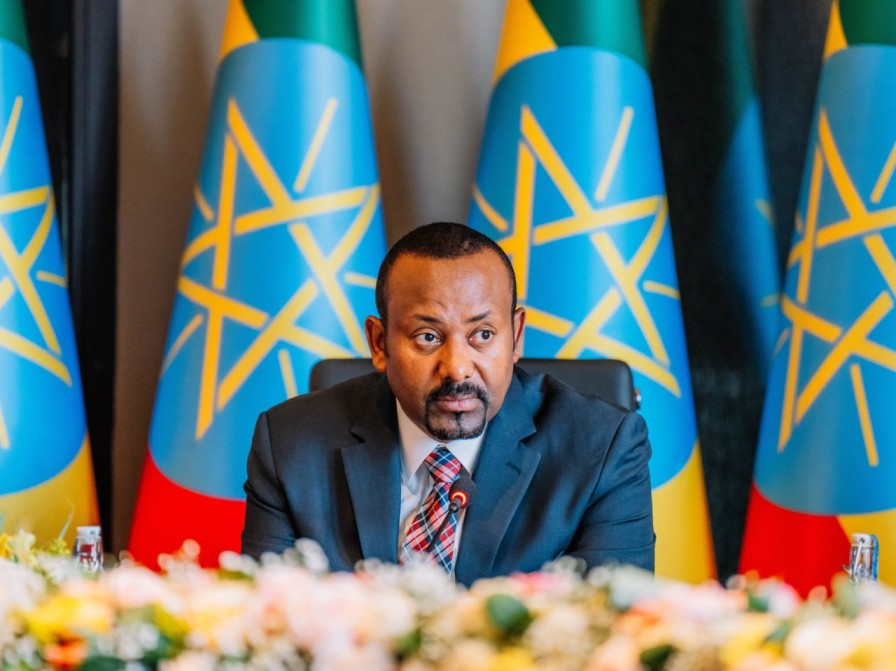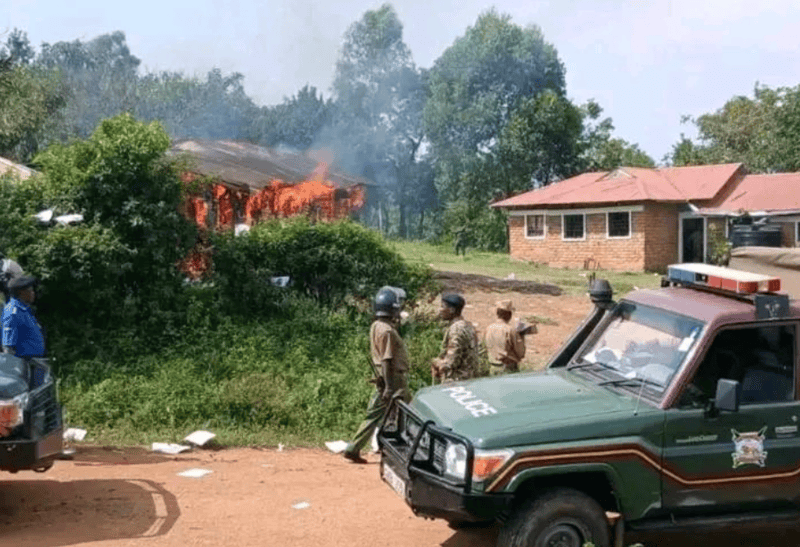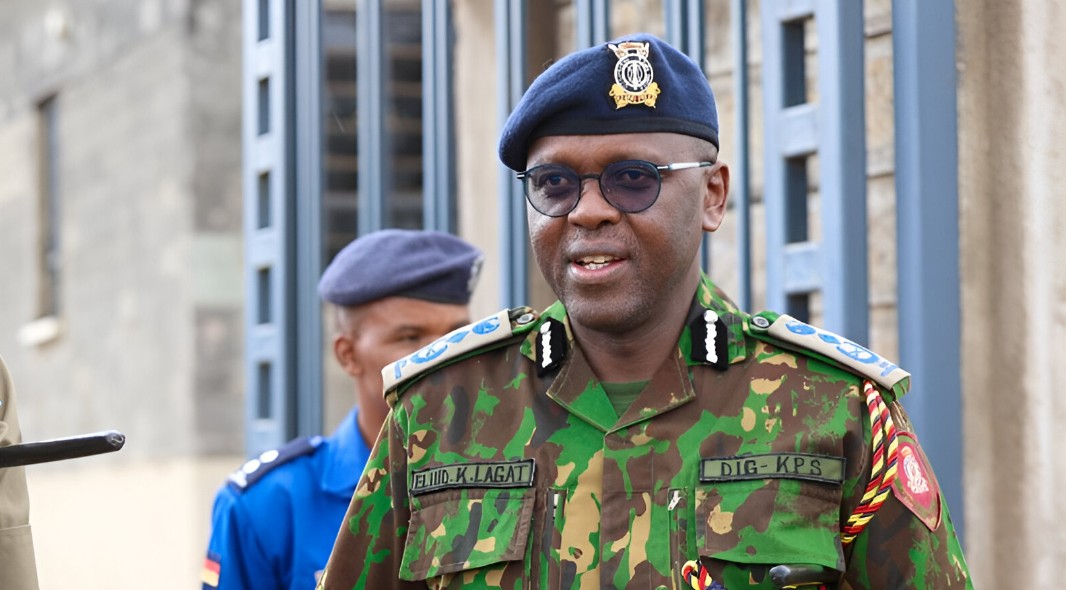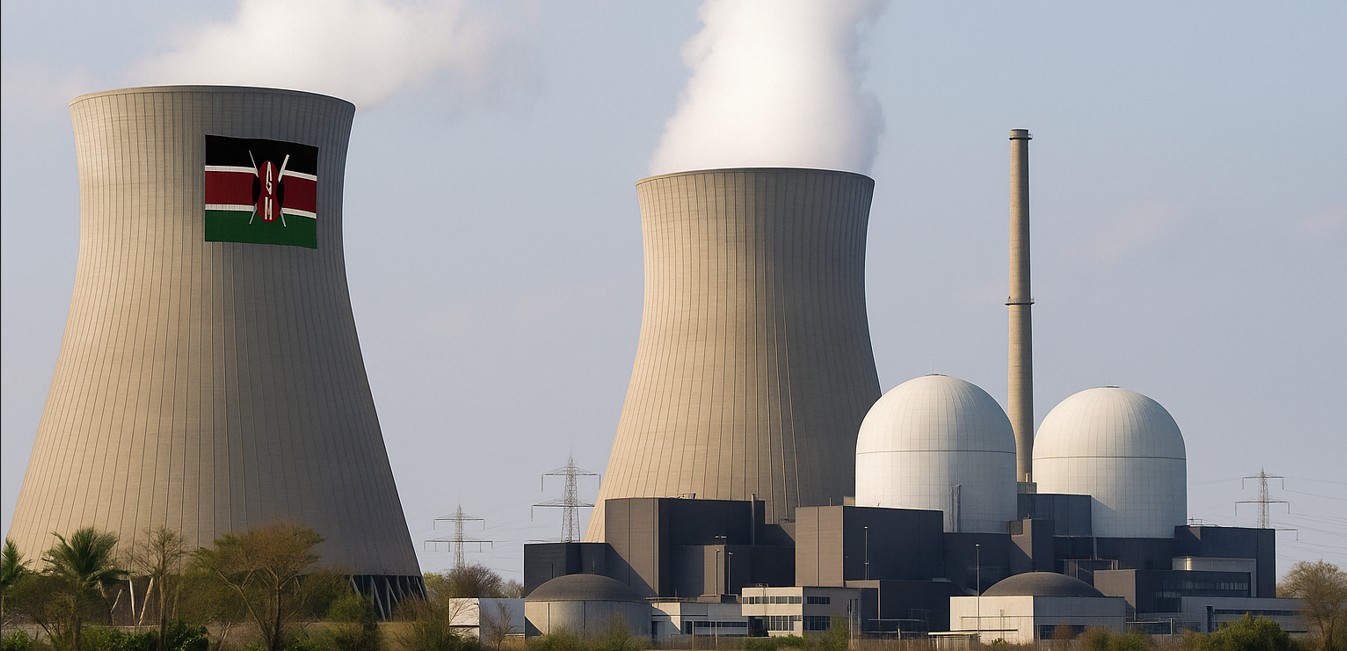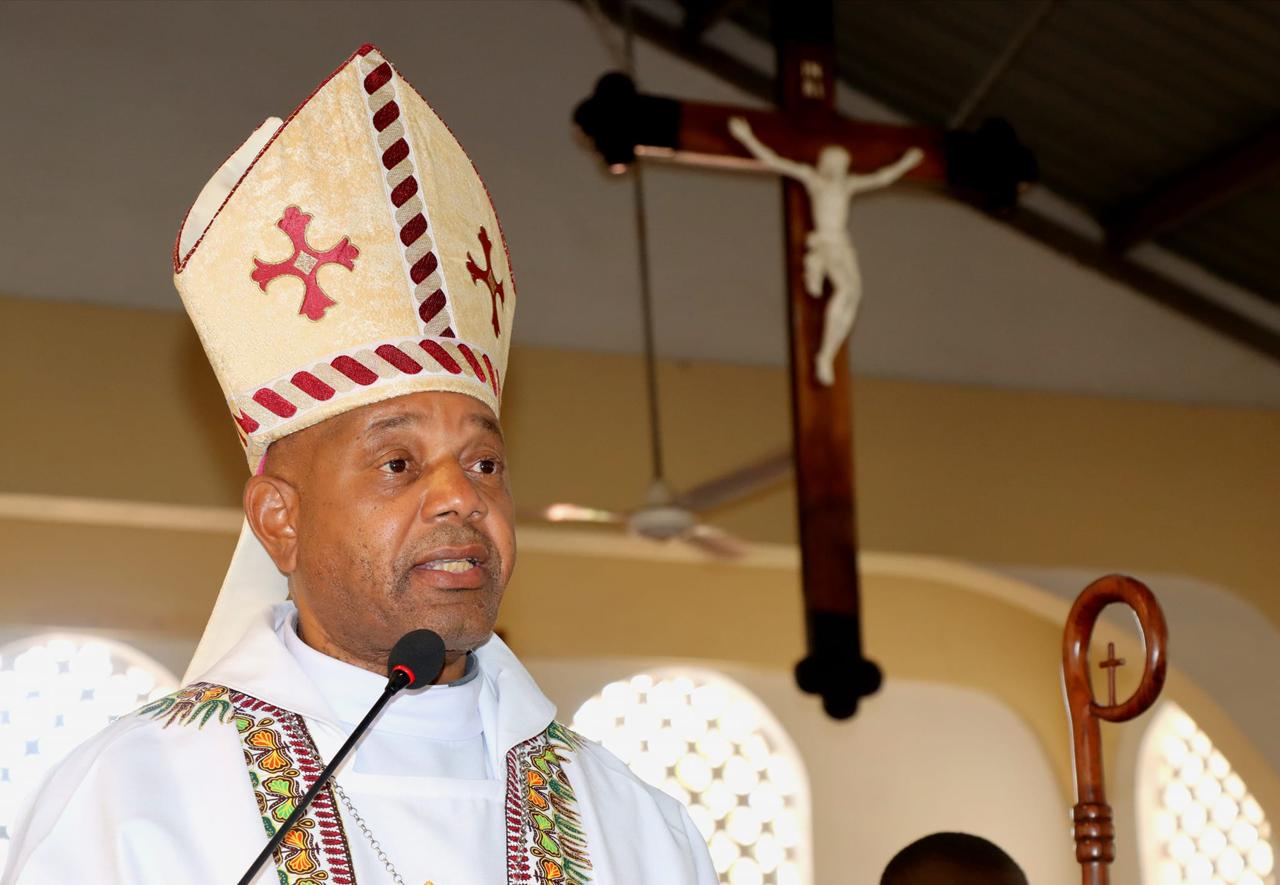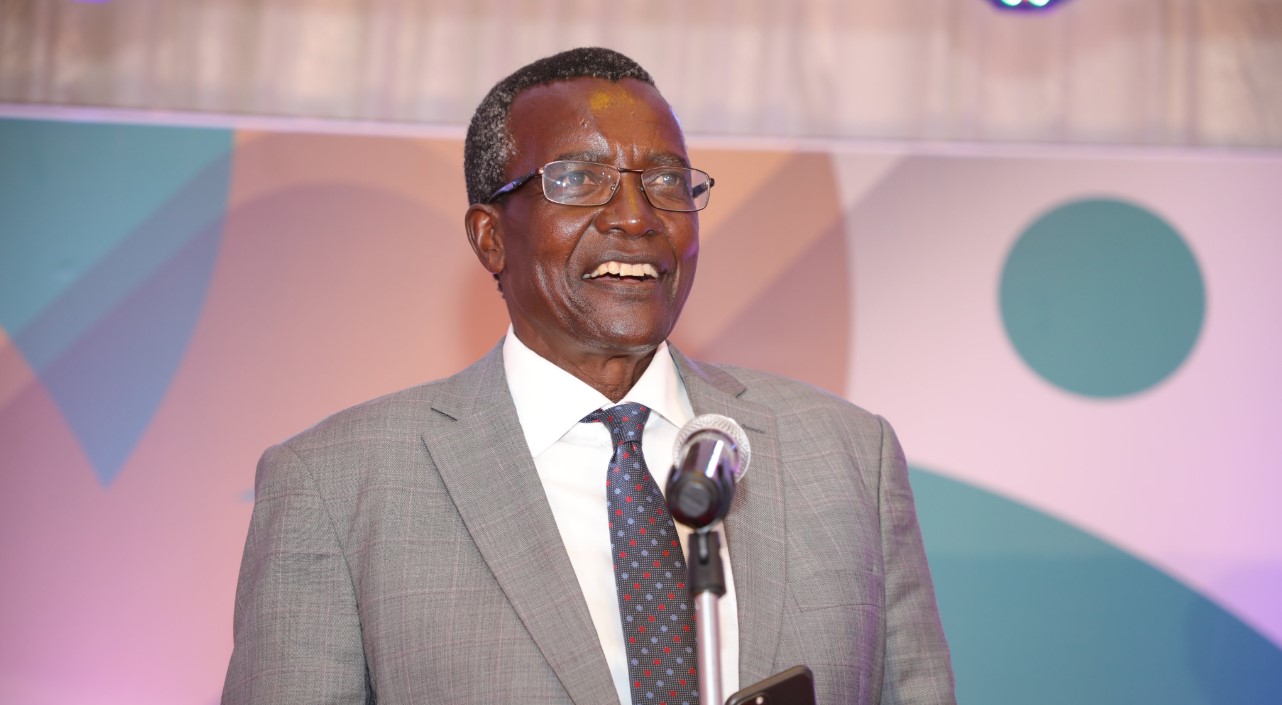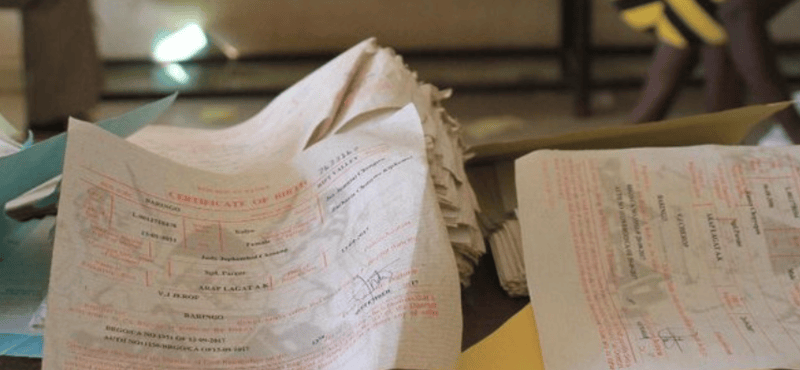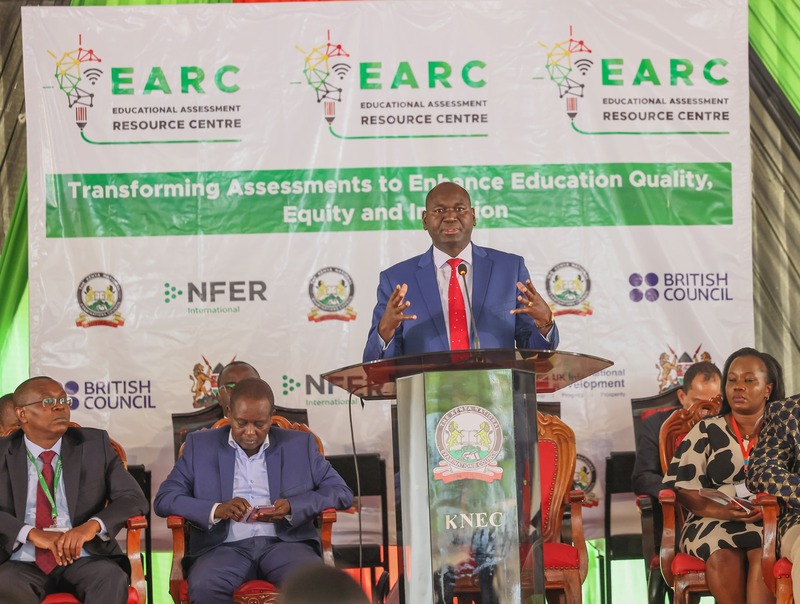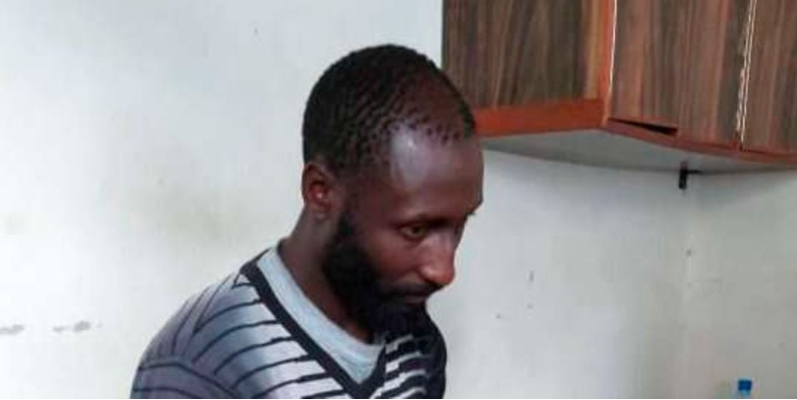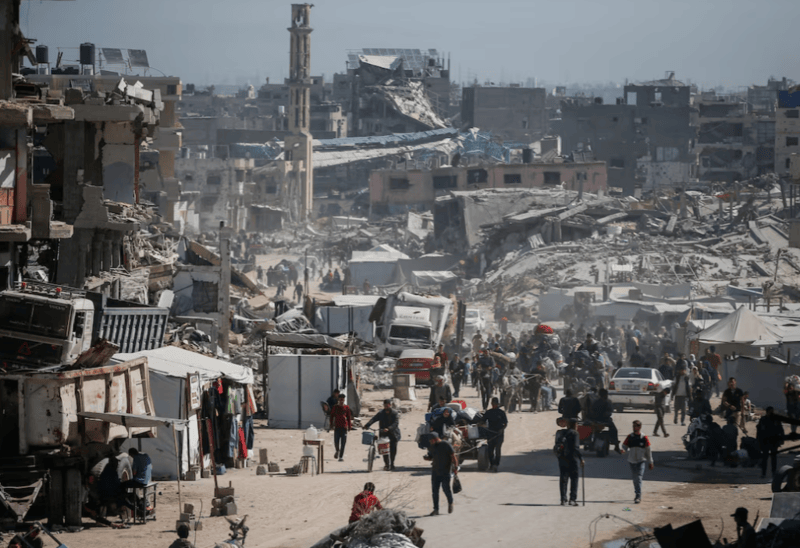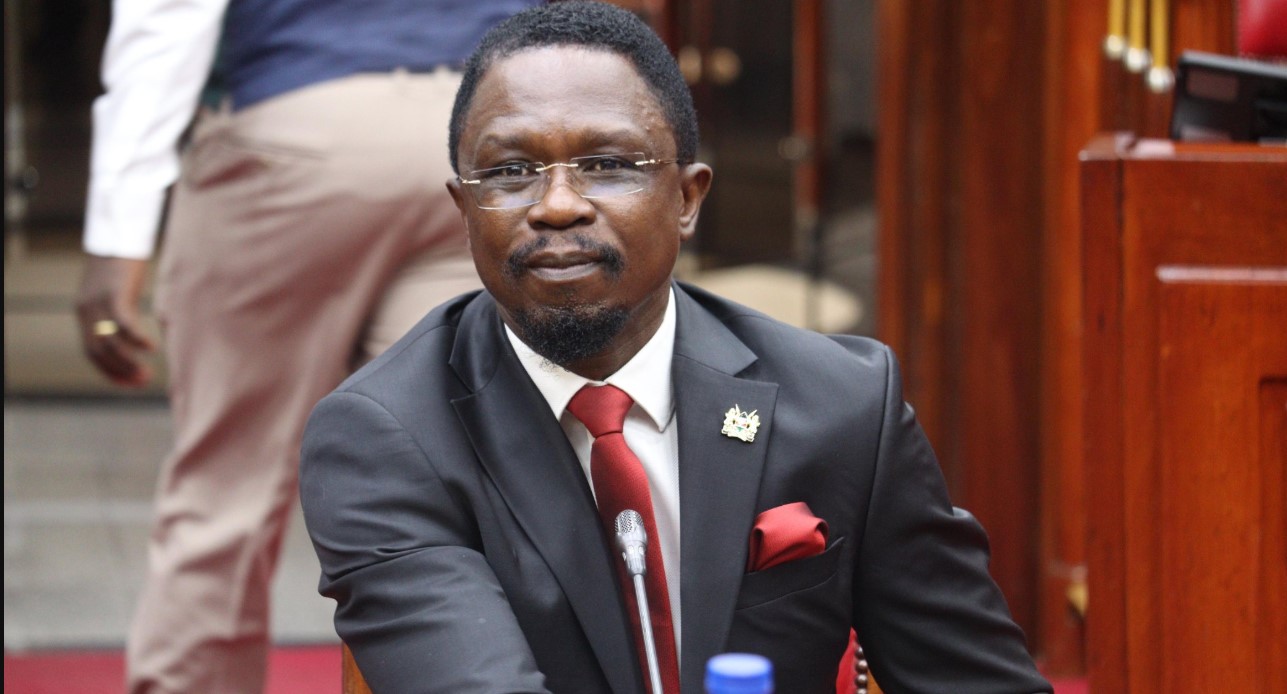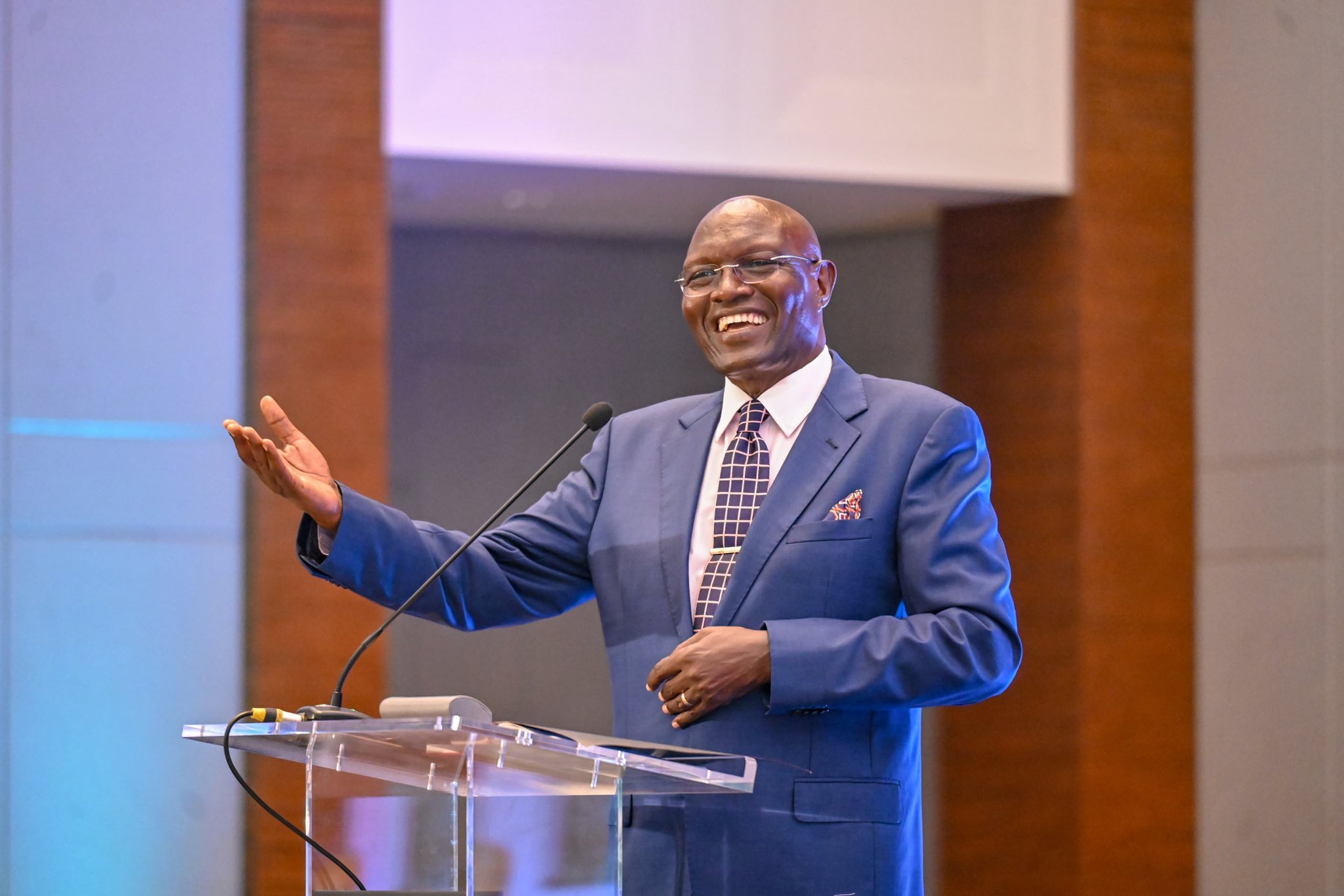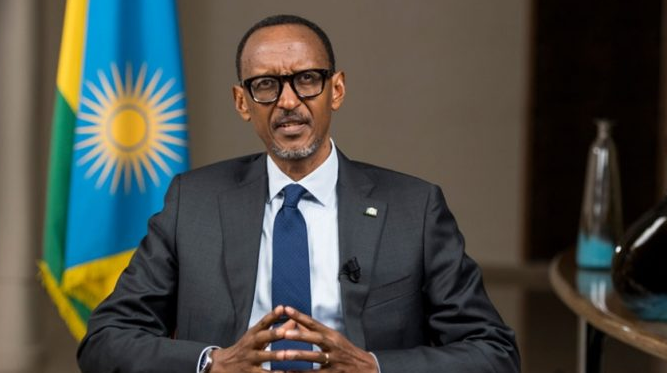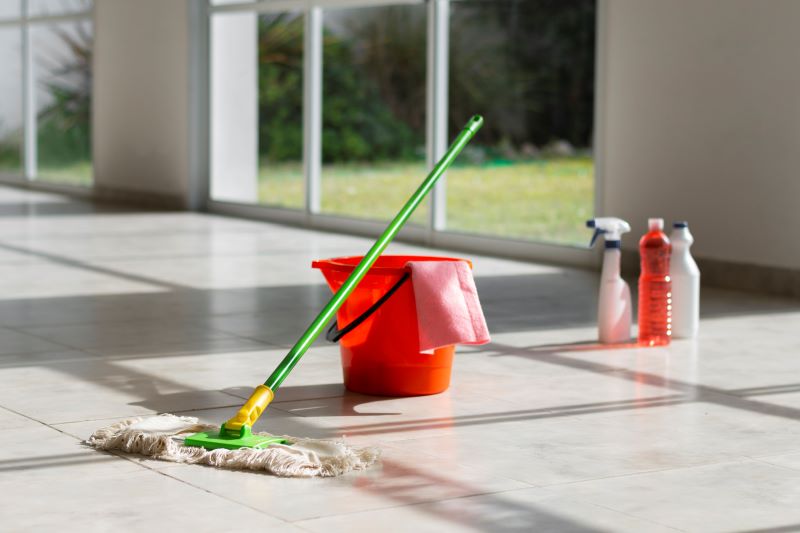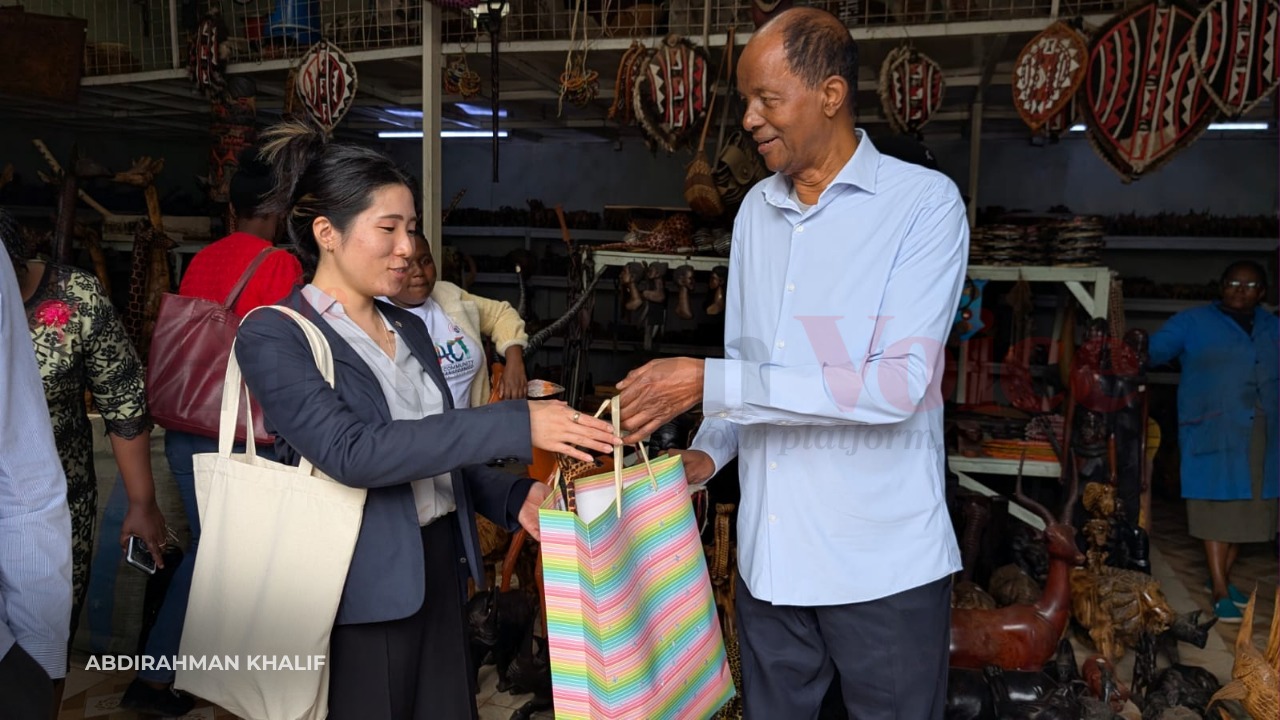South Africa's Ramaphosa in Juba to promote peace ahead of elections
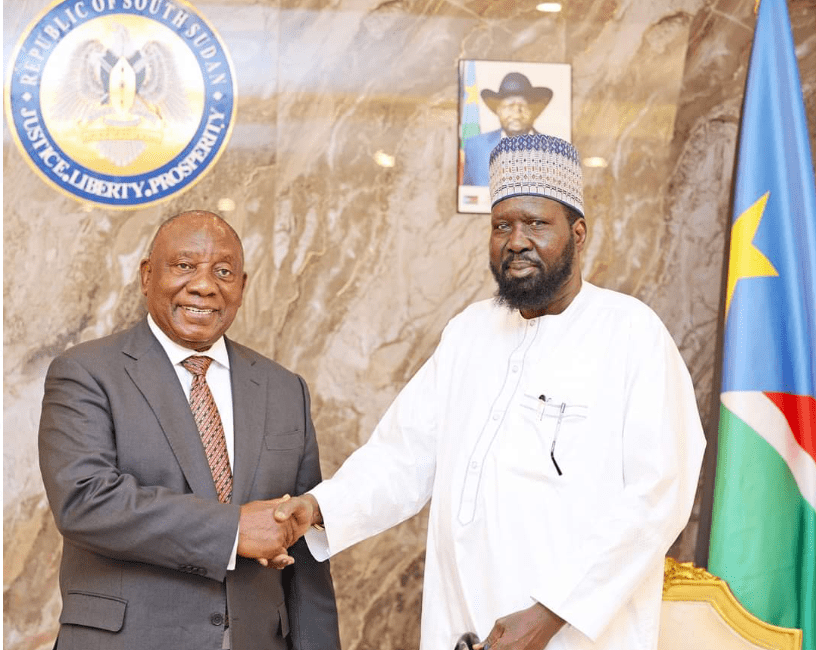
South Sudan faces monumental hurdles as it strives to navigate towards democratic elections amidst a backdrop of entrenched conflict, humanitarian crises, and institutional frailty.
South Africa's President Cyril Ramaphosa arrived in South Sudan's capital, Juba, on Tuesday evening for a three-day official visit aimed at promoting peace amid disagreements over the conduct of the December elections.
He was received by his South Sudanese counterpart, Salva Kiir, at the Juba Airport.
More To Read
- UNMISS report: 739 civilians killed in South Sudan’s deadliest quarter since 2020
- South Sudan launches door-to-door taxpayer registration in Juba
- Coach Jerome Paarwater unveils final squad for 2025 Rugby Africa Cup
- 50 injured in four days of violence along South Sudan border - MSF
- South African court halts burial of Zambia’s ex-president Edgar Lungu
- Zambia files petition to postpone ex-president Edgar Lungu’s burial in South Africa
Speaking to reporters in Juba, South Sudan's Deputy Minister of Foreign Affairs, Ramadan Abdalla Goc, said that the two leaders will discuss ways to strengthen and enhance bilateral relations between Juba and Pretoria.
"The President of South Africa will meet with the Chairman of the Elections Commission regarding the conduct of the upcoming elections. He will also meet leaders of political parties and other senior officials," he said.
"We do believe that the President of South Africa, as a guarantor of the peace agreement, will sit with the leaders of South Sudan to see how South Sudan is prepared for general elections. All institutions are ready for the elections to be conducted in South Sudan," he added.
The 2018 peace agreement in South Sudan is set to conclude on February 22, 2025, with general elections slated for December 2024.
South Sudan says it has sufficient resources to conduct elections in December 2024, according to the chairperson of the political parties council, James Akol Zakayo.
The three institutions—the National Constitutional Review Commission, the National Elections Commission, and the Political Parties' Council—had previously grappled with financial constraints, impeding their ability to execute essential duties.
 South Africa's President Cyril Ramaphosa and his South Sudanese counterpart Salva Kiir. (Facebook/Office of the South Sudan President)
South Africa's President Cyril Ramaphosa and his South Sudanese counterpart Salva Kiir. (Facebook/Office of the South Sudan President)
President Kiir has been postponing elections, enabling him to remain de facto president since 2005, even though he was only authorised for one 4-year term following South Sudan's vote for independence in 2011.
Since then, he has navigated extensions in 2015, 2018, 2020, and 2022.
South Sudan faces monumental hurdles as it strives to navigate towards democratic elections amidst a backdrop of entrenched conflict, humanitarian crises, and institutional frailty.
With an estimated death toll surpassing 400,000, the scars of conflict run deep, fostering an environment where armed militias roam freely, perpetuating violence.
The resulting trauma and fear have rendered a staggering 42 per cent of the population refugees, highlighting the profound reluctance to return home despite the refugees' customary inclination to do so.
The recent influx of over 400,000 South Sudanese refugees forced back from Sudan has further compounded the country's humanitarian predicament, overwhelming already strained assistance efforts.
South Africa has actively engaged in conflict resolution, mediation, and post-conflict reconstruction efforts in South Sudan.
Serving as the Chair of the African Union High-Level Ad-hoc Committee for South Sudan (C5), South Africa has been tasked with supporting South Sudan in its transitional process.
Bilateral relations between South Africa and South Sudan are governed by the General Cooperation Agreement (GCA), signed in 2013.
South Sudan's connection with South Sudan spans decades. The ANC was an ardent supporter of the SPLA/M during the Sudanese civil war.
When the SPLM was founded in 1983, the ANC proclaimed that it shared a common vision with the SPLA/M for a 'democratic, non-racial, and non-sexist society, free from enslavement and oppression'.
Top Stories Today

